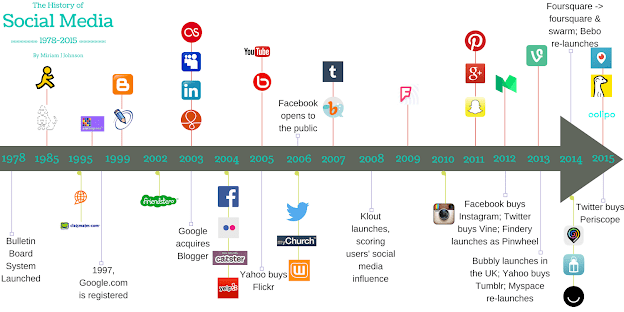Journal Week 5: Social Media's impact on small businesses in India
There's no doubt in 2025 that the internet is now a utility that is used around the world for a number of purposes. Social and political revolutions have taken place thanks to internet communities created through Facebook and Twitter. Natural disasters have been reported faster and aid has been delivered quicker thanks to first-hand reports of destruction. International business has spread because of the marketing and influencing through social media apps.
In India, specifically within the small business community, social media has had a great impact on the brand relations, sales, and marketing of various micro and small enterprises (MSE) (Madhumithaa et al., 2023). It has also allowed entrepreneurs greater access to financial services and resources that can help grow their businesses within their communities. "...social media (including Facebook, Instagram, and Twitter) has played a crucial role in empowering MSEs by providing them with a platform to voice their concerns and advocate for policies and regulations that support their growth and development (Madhumithaa et al., 2023)."
Their study was small—25 participants with an almost even split between male and female were surveyed with a 5-point Likert Scale to determine the impact of social media on consumers in India. Some of the qualitative data collection found:
- 44% of participants agreed/strongly agreed that social media impacted customer purchasing behavior, with 16 % remaining neutral
- 52% agreed/strongly agreed that social media marketing contributed to increased sales
- 56% agreed/strongly agreed that social media helped companies build strong relationships with their consumers
It's clear that the advent and evolution of social media has changed the business landscape internationally. Social media jobs barely existed 15 years ago. At best, someone may have monitored a business's Facebook page and posted about sales and upcoming deals. Now, some companies have marketing divisions that focus entirely on social media campaigns and strategies, and there are a number of platforms to rely on. One can only imagine what small business marketing will look like in another 5 years.
References
Madhumithaa, N., Mishra, A., Sruthi, S., Sivaperumal, K., & Adhav, S. (2023). Implications of social media and socio-economic activities on micro and small enterprises in India. International Journal of Professional Business Review: Int. J. Prof. Bus. Rev., 8(4), 5.

Comments
Post a Comment